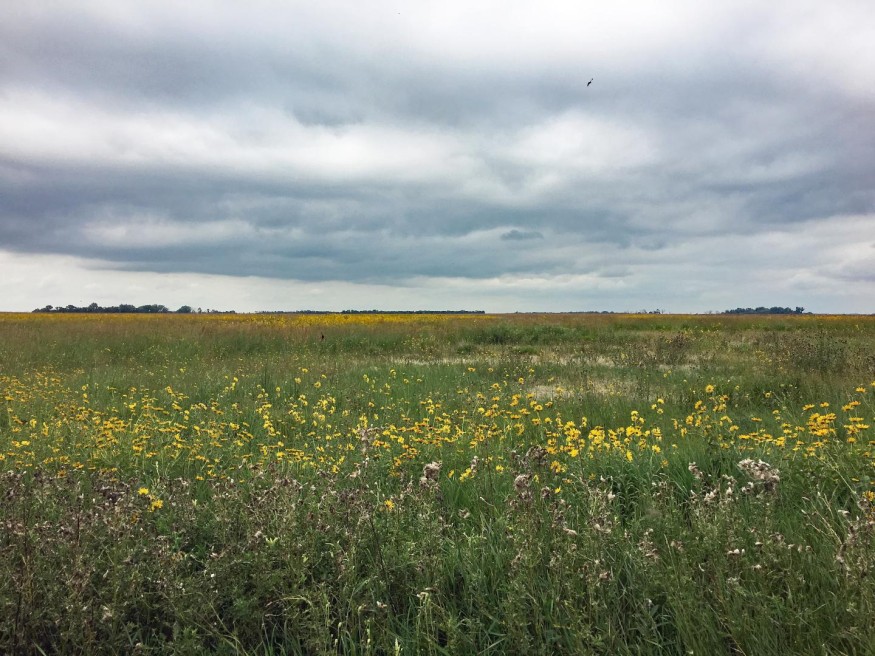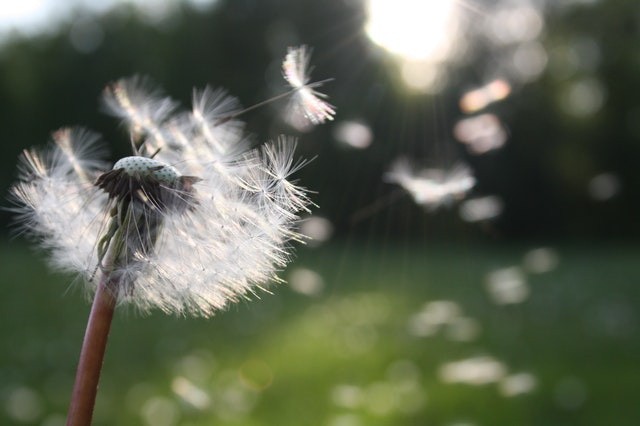Climate change has already made allergy season longer and pollen levels greater. Allergy sufferers will experience more severe symptoms as a result of climate change, according to experts.
Climate scientists at the University of Michigan studied 15 different plant pollens in the US and used computer models to estimate how much worse allergy season will be by 2100.
Climate Studies

According to a new study published in the journal Nature Communications, allergy season will begin weeks sooner and finish several days later as the planet heats. It will worsen while it lasts, with pollen counts potentially double in certain locations.
Warmer weather causes plants to begin flowering sooner and continue to bloom for longer periods of time.
Meanwhile, increasing carbon dioxide in the air from burning fossil fuels like coal, gasoline, and natural gas encourages plants to produce more pollen, according to research co-author Allison Steiner, a climate scientist at the University of Michigan.
It's already taking place. Pollen levels have risen, and allergy season has begun earlier since 1990, according to a study published a year ago by a group of academics, with much of this due to climate change.
Pollen Season

Pollen season in the United States used to begin around St. Patrick's Day but now starts around Valentine's Day, according to allergists.
According to the latest study, allergy season will last much longer, and pollen levels will spike. How long and how much depends on the pollen in question, the location, and the amount of greenhouse gas emissions released into the atmosphere.
Pollen season would begin 20 days early by the end of the century if greenhouse gas emissions from coal, oil, and natural gas were reduced somewhat. Pollen season will begin 40 days sooner than in previous decades in much of America under the most extreme and increasingly implausible warming scenario.
Allergy Season
Pollen allergies affect around 30% of the world's children and 40% of American youngsters, causing lost workdays and medical expenditures, according to Yingxiao Zhang, a climate researcher at the University of Michigan and the main author of the new study.
Allergies are particularly challenging for the 25 million Americans who have asthma. According to Amir Sapkota, an environmental health expert at the University of Maryland who wasn't involved in the study, this might make the situation much worse for them.
According to Steiner, while allergy symptoms spread across the country, the Southeast will be most afflicted.
The onset of alder tree pollen season, a problem in the Pacific Northwest, will shift substantially. The most significant increase will be cypress tree pollen, particularly problematic in Texas.
According to Zhang, ragweed and grasses, which are prevalent pollen allergies, will have longer seasons and greater pollen concentrations in the future.
Affected by the Climate
According to Bill Anderegg, a biologist and climate scientist at the University of Utah, the University of Michigan team's forecasts show a roughly two-fold increase in pollen issues since 1990. Anderegg, who was not involved in the current study, said, "Overall, this is a significant study."
It informs the scientific community that, due to climate change, historical patterns of longer and more severe pollen seasons are expected to persist. This will have significant health implications for Americans with allergies and asthma.
For more news about the environment, don't forget to follow Nature World News!
© 2025 NatureWorldNews.com All rights reserved. Do not reproduce without permission.





